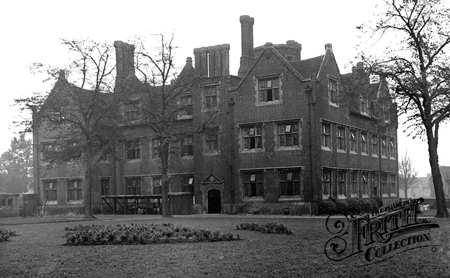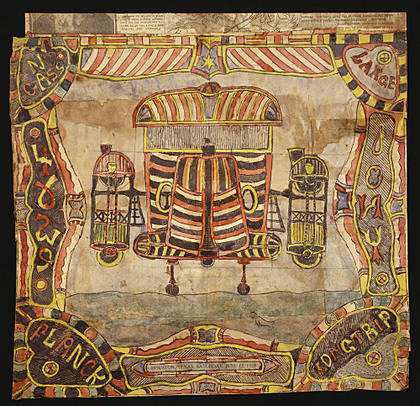His mother called him Ivan, then she died. His name was actually Dennis, but his mother was in the throes of death-rattle delirium, and she mistook him for the priest, Father Ivan Plunkett, who had been at her bedside but a moment ago. He had popped out to rinse his rosary beads under a spigot, because they were caked with muck. One does not often see a priest carrying a set of filthy rosary beads, but Father Ivan Plunkett’s parish rounds took him to many farmyards and barnyards, and through many puddles and ditches. Dennis’s mother’s was not the only death he witnessed that day. At certain times of year there is much slaughter on farms, much, much slaughter, and this was one of those times. Father Ivan Plunkett rinsed the muck from his rosary beads only to have them steeped in the blood of a hen before an hour had passed. He rinsed that blood away too, into a farmyard gutter, and he did not weep.
Back at the house, Dennis sat looking at his mother in her winding-sheet. He was perplexed that she had called him Ivan, for he had not put two and two together. He was soft in the head, and a worrier. If he was Ivan, he wondered, where was Dennis? He decided to set off in search of Dennis. That is, in search of himself. He put on his boots and a cloak and trudged out in the rain, squelching through the mud, calling “Dennis! Dennis!” in his surprisingly booming baritone until his throat was raw. Only the birds perched in the windswept trees answered him, cawing and cooing and chirruping, but Dennis was not so soft in the head that he thought one of the myriad birds was Dennis.
Father Ivan Plunkett returned to his presbytery shattered by death. His housekeeper, Mrs Clank, a widow, made him a pot of tea. The pot was shrouded in a tea-cosy she had knitted for him, with great expertise, depicting, in wool, the martyrdom of Saint Spivack. His had been a gruesome death, and Mrs Clank had had much need of wool dyed deep red, for all the blood that spurted from poor Saint Spivack in his agony. It was a scene of great meaning for the housekeeper, for her late husband had died, fourteen years before, in an almost identical manner, at the hands of brigands. But he had not died for his faith, and so had not been canonised. Mrs Clank was too much of a realist to hope he ever would be. She busied herself dusting a statue of the BVM while Father Ivan Plunkett drank his tea and groaned.
Failing to find the shadow Dennis in the fields and farms thereabouts, Dennis was reluctant to return to the house of death wherein his mother lay, so he made for the village. He called in at the tattooist, and had the name IVAN emblazoned across his puny chest. He wanted it on his forehead, but the tattooist was an ethical man with a code to which he kept, against all blandishments. He knew Dennis, for as well as conducting his tattoo business, he piloted an air ambulance, and had many a time flown to Dennis’s mother’s bedside in recent months, as she suffered. Poor befuddled Dennis did not recognise him, and did not tell him that his mother had passed to the other side. Leaving the premises, Dennis did not fasten his cloak across his front, so his tattoo was visible to everyone who passed him in the village streets.
By nightfall, the slaughtering had ceased in all the farmyards save one. There, at Scroonhoonpooge Farm, the killing continued, in the eerie barn. Dennis stumbled in to the scene of horror on his way home. Soft in the head, he had strayed from his path in the darkness. The brigands were a blood-crazed and ruthless lot, but they were also, to a man, in thrall to rustic folk tales of ghosties and sprites and imps.
“Eek!” yelled the first who saw Dennis, “It is Ivan, come back from the grave to avenge us!”
Between straying from his path and entering the barn, Dennis had toppled into a ditch, and he was splattered with muck, as a zombie might be, clambering to the surface from its tomb in the churchyard. With his piggy eyes and snub nose and scrupulously-tended bouffant slathered in pomade, Dennis bore a startling resemblance to Ivan Clank, the housekeeper’s husband slain by the brigands fourteen years before. As they scattered, terrified, into the night, leaving Dennis alone in the eerie barn with the dead and dying victims of their latest enormity, we might ask if it was indeed Father Ivan Plunkett to whom Dennis’s mother had called in her last moments. Might it have been, rather, Ivan Clank, the bailiff, her illicit inamorato of days long vanished?


 Pang Hill Orphanage, before its becrumblement
Pang Hill Orphanage, before its becrumblement
